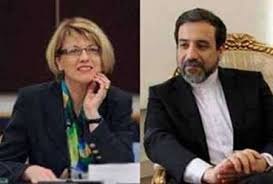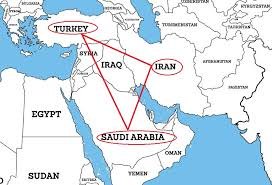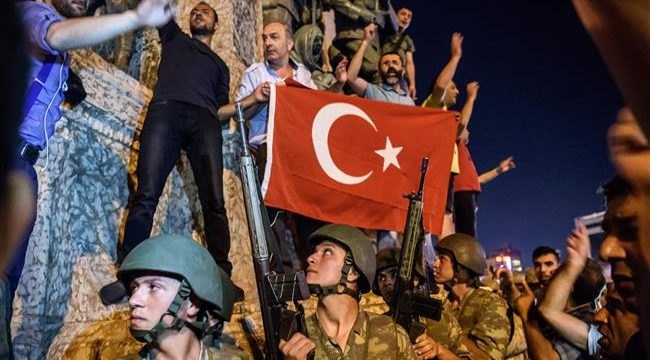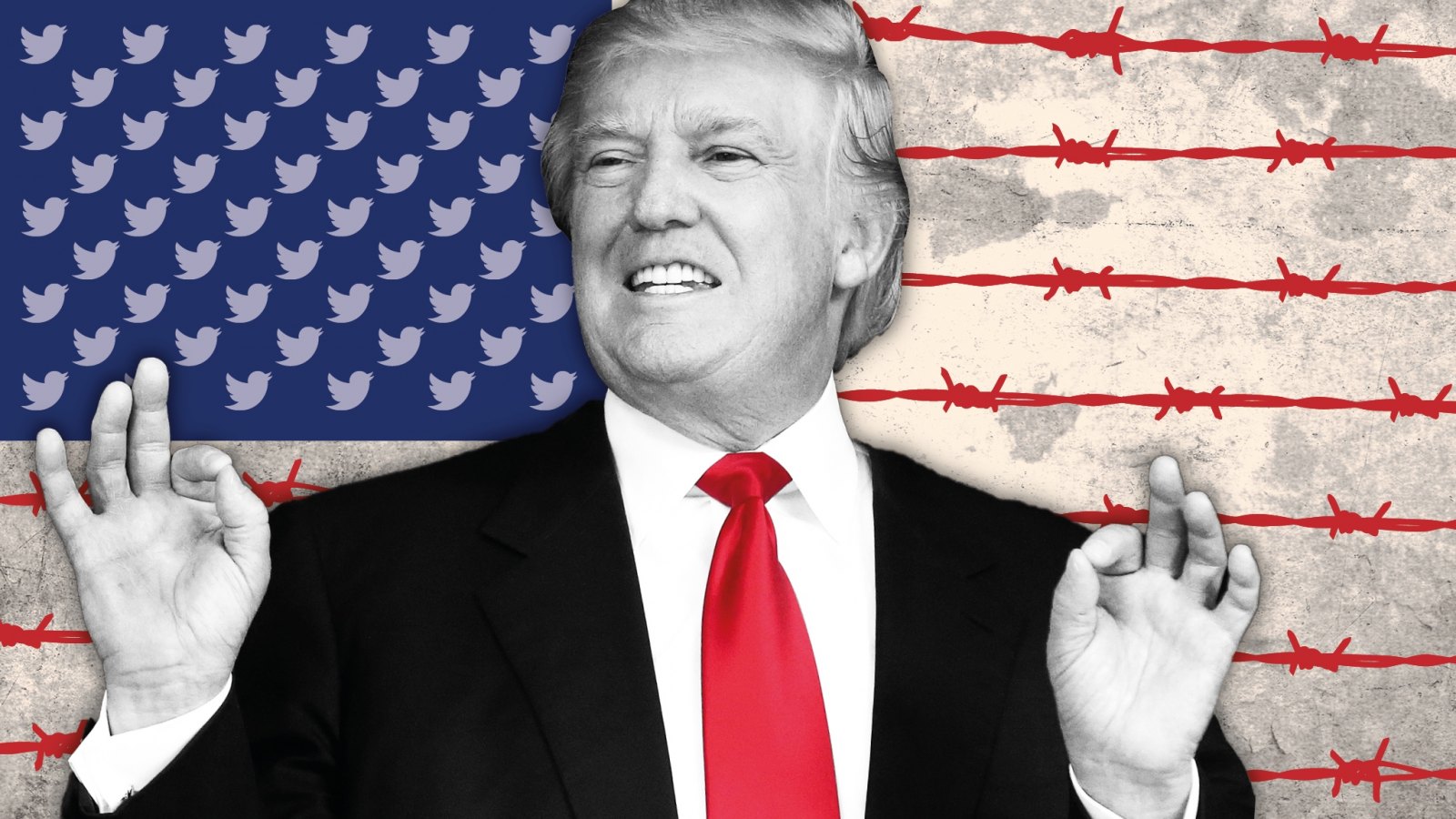Iran-Europe Relations: A Separation between the Subjects and the Levels of the Relations
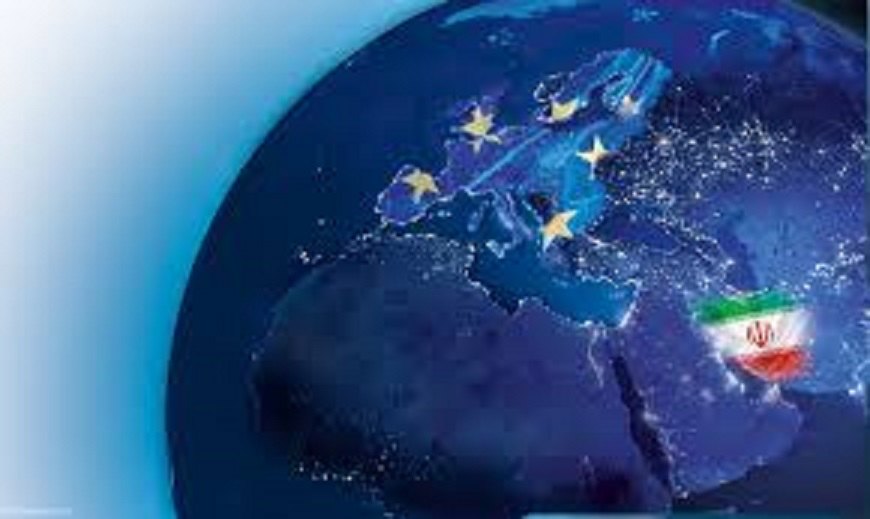
Yaser Nooralivand
The European Union, while having common concerns with the United States regarding issues such as Iran’s regional activities and its missile programs, has no desire to interfere these issues with the JCPOA in the current context. The European Union has taken a separate policy towards Iran, according to which every issue related to Iran should be properly addressed and in its proper place.
Despite the fact that the European Union is avoiding entering Iran’s missile program in the current circumstances, however, some of its members such as France have launched the issue and it can be said that a weak but at the same time an alerting link has been established between the Europe and the United States on this issue.
The approach taken by Europeans, in particular the major European governments is a two-fold policy in the subject of the relations namely backing the JCPOA on the one hand, and putting pressure on Iran’s regional and missile activities on the one hand. This approach is also a two-fold policy on the level of relations, including the EU foreign policy that seeks to increase cooperation with Iran on the one hand, and the approach taken by some EU member states to cooperate with Iran while exerting pressure on it.
The European Union’s reluctance to enter Iran’s missile program is not a permanent approach and can change with the transformation of circumstances. For instance, change in the the transatlantic relations towards convergence, stabilization of the EU internal situation and its overcome of current internal challenges, the consolidation of the security situation in the Middle East and North Africa, reassuring certainty of maintaining JCPOA and the point that foreign policy of Iran would not change to an aggressive policy are among the fundamental conditions that would encourage the Europeans to join the United States policies vis-à-vis Iran’s missile program.
In addition to the European Union’s common foreign policy agenda vis-à-vis Iran; European countries also have a national and independent foreign policy that is sometimes more influential than the European foreign policy itself.
The European Union’s foreign policy link with the foreign policy of national governments, especially its more powerful members, is so deep that we cannot adopt a hostile policy and tense relations towards these national governments, but at the same time enjoy good relations with the European Union.
It is anticipated that the complexity of the relations between Iran and Europe will increase in parallel with the continuation of the two-way policies in the coming months. Hence, if the diplomatic apparatus of the country does not have a definite policy in relation to these different strains and the complications arising from it, we will once again witness that the improvement of Iran-EU relations will face with historical problems as well as new deterrent factors.
in the conduct of foreign we should act in such a way that our regional activities and missile program do not pose a threat to the interests of the Europeans.
In the foreign policy approach, one should seriously refrain from linking different issues to each other and instead, each individual subject should be negotiated upon in its own special place, time and circumstances. At the same time, it should be noted that the relations with the European Union should be considered as important for us as the relations with the EU national governments and powerful members so that a balance would be established between these two levels in order to prevent the negative influence of the national governments on the agenda of the common European foreign policy.

